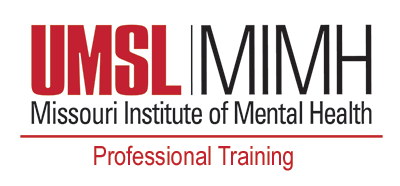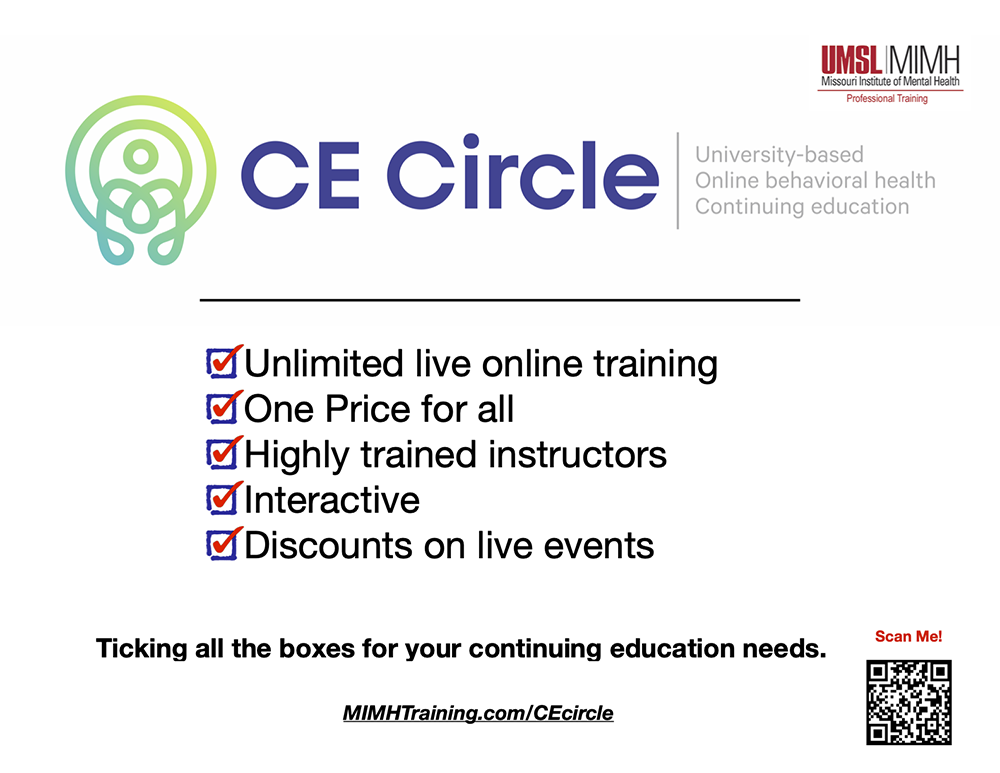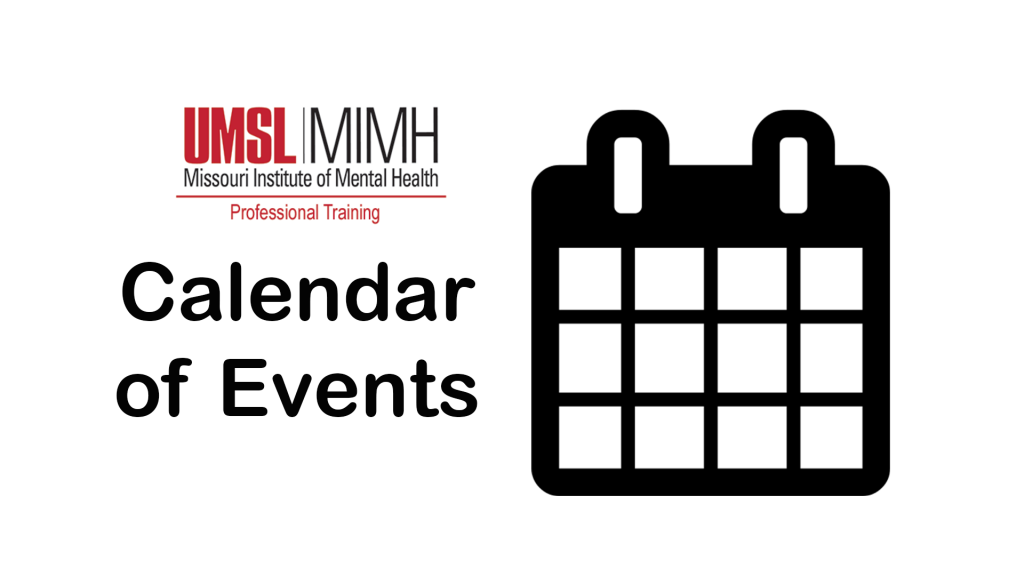The Assessment of Psychopathy Utilizing the Psychopathy Checklist-Revised
[tab:Overview]
Date:
March 24-25, 2015
Registration Fee:
$289
Only 20 15 seats available
Program Description
The measurement of psychopathy is widely acknowledged to be the most important development in the field of criminal forensic psychiatry and psychology over the past three decades. It has become a critical area of assessment in personality disorder. The gold standard for its measurement is the Psychopathy Checklist-Revised (PCL-R). In this workshop, Dr. Meloy will teach participants how to competently and efficiently use the PCL-R in their forensic practices. The workshop will begin with the history and development of the instrument, including more recent adaptations, such as the PCL:SV and the PCL:YV, and continue with an elaboration of the instrument’s reliability and validity, particularly in treatment outcome and violence risk assessment. Dr. Meloy will then show how to conduct an interview and review records to gather data sufficient for scoring the instrument, how to quantitatively score the instrument, how to address typical scoring dilemmas, and how to integrate the PCL-R data with other clinical and forensic evidence. Teaching methods will include videotaped vignettes, practice scoring by participants, handouts, and open discussions throughout the workshop concerning participants’ questions that have arisen in their work with the PCL-R. Emphasis will also be placed upon the distinction between predatory and affective violence, and typical countertransference reactions to psychopathy by clinicians.
Please note: This workshop is certified by the Darkstone Research group and Dr. Robert Hare; those who finish the training will receive a certificate of completion.
Venue Location
Drury Inn & Suites Arnold
1201 Drury Lane
Arnold, Missouri 63010
To reserve a room at the Drury Inn you may call 800-325-0720.
Please mention the UMSL-Missouri Institute of Mental Health until February 24, 2015 for special rate.
Hotel – direct line: 636.296.9600
[tab:Presenter]
Dr. Reid Meloy
Dr. Reid Meloy is a board-certified forensic psychologist (ABPP) and consults on criminal and civil cases throughout the U.S. and Europe. He is a clinical professor of psychiatry at the University of California, San Diego, School of Medicine, and a faculty member of the San Diego Psychoanalytic Center. He is a fellow of the American Academy of Forensic Sciences and is past president of the American Academy of Forensic Psychology. He has received a number of awards from various professional organizations. Dr. Meloy has authored or co-authored over two hundred papers published in peer-reviewed psychiatric and psychological journals, and has authored, co-authored or edited eleven books. He has been conducting research and writing on personality disorder, psychopathy, stalking, narcissism, criminality, mental disorder, and targeted violence for the past twenty-five years. His first book, The Psychopathic Mind (Aronson, 1988), was an integration of the biological and psychodynamic understanding of psychopathy. His co-edited book with Drs. Hoffmann and Sheridan, Stalking, Threatening and Attacking Public Figures (Oxford University Press, 2008), led to a commissioned study for the National Academy of Sciences on threats toward public figures published in 2011 (www.nap.edu). His most recent book is the International Handbook of Threat Assessment (Oxford University Press, 2014). Dr. Stephen White and he created the WAVR-21 (Specialized Training Services, 2007, 2010; www.wavr21.com), a scientifically based structured professional judgment instrument for targeted workplace violence assessment. Dr. Meloy is a consultant to the Behavioral Analysis Units of the FBI, Quantico. He is a member of the Fixated Research Group for the United Kingdom’s Home Office concerning threats to the Royal Family and British political figures, and is a consultant to Work Trauma Services, headquartered in San Francisco, and Team Psychology and Security in Darmstadt, Germany. He is also a senior editor of the new Journal of Threat Assessment and Management. He has been a technical consultant to the television program CSI since its inception in 2001.
[tab:CEU]
Missouri Institute of Mental Health (MIMH)
The University of Missouri, Missouri Institute of Mental Health will be responsible for this program and will maintain a record of your continuing education credits earned.
MIMH will award 13 clock hours or 15.5 contact hours (1.6 CEUs) for this program.
Missouri Credentialing Board
Missouri Credentialing Board has approved this program for 13 contact hours.
NBCC (National Board of Certified Counselors)
MIMH is an NBCC Approved Continuing Education Provider (ACEPTM) and may offer NBCC – approved clock hours for events (or programs) that meet NBCC requirements. MIMH is solely responsible for all aspects
the program.
13 hours are offered for this program.
Accreditation Council for Continuing Medical Education (ACCME)
The Office of Continuing Education, School of Medicine, University of Missouri is accredited by the Accreditation Council for Continuing Medical Education (ACCME) to provide continuing medical education for physicians.
The Office of Continuing Education, School of Medicine, University of Missouri designates this activity for maximum of 13 AMA PRA Category 1 Credit(s)TM. Physicians should only claim credit commensurate with the extent of their participation in the activity.
You must attend the entire program to earn CEUs for this program.
[tab:Schedule]
Program Schedule
March 24
The program will begin a 9 am and end at 5 pm
8:00 am – Sign-in/coffee
12 pm – Lunch will be served
March 25
The program will begin at 8 am and end at 3 pm
7:30 am – Light breakfast
11:30 am – Working lunch
Topics Covered
- Antisocial Personality Disorder DSM-5 and Psychopathy–history and development
- Affective and predatory violence
- The development of the PCL-R
- The PCL-R’s temporal and interrater reliability, factorial structure, and validity in relationship to
- treatment outcome and violence risk prediction
- Conducting a PCL-R interview and review records
- Scoring the PCL-R while accounting for the allegiance effect
- Interpreting the PCL-R score in relation to other clinical and forensic data
- The PCL-R, risk management, and violence prediction
- The PCL-R and treatment outcome
- Countertransference reactions to the patient with psychopathic traits
Learning Objectives
At the conclusion of this program participants should be able to:
- List at least ten of the twenty scoring items on the PCL-R
- Describe the appropriate interview techniques for a psychopathic patient
- Understand the relation between psychopathy and mental illness
- Aside from an interview, identify two other critical sources of data which must be accounted for prior to scoring the PCL-R
- Describe the scoring system of the PCL-R
- Identify the 4 facets of psychopathy and their meanings
- Demonstrate through practice cases the ability to individually conduct an accurate PCL-R assessment with quantification (will be compared to others in training and the score distribution will be discussed) Identify the scoring threshold that must be met to label an individual as a psychopath for research purposes, and the use of the PCL-R as a unidimensional scale for treatment purposes
- Understand one’s personal countertransference reactions to psychopathy
- Completion of each objective will change physician and other mental health professional’s competence, performance, and/or patient outcome. This material is typically not taught in psychiatric residency and clinical internship programs, yet research demonstrates its importance for those mental health professionals who work in forensic settings.
[tab:Register]
Special Needs
If you have special needs, we ask that you notify us at 314.516.8419 or [email protected] as soon as possible. We will make reasonable efforts to accommodate your needs.
Cancellations or Substitutions
If you are unable to attend the program or no longer need a reserved sleeping room, we ask that you notify us as soon as possible.
Registration
Following this registration link will take you to our external site where you may register for the program and reserve your sleeping room.
There is no registration fee to attend this program. As part of the program, lunch will be served on both days, breakfast on the second day and beverages throughout the program. The DMH facility where you work will pay for additional expenses, i.e., mileage, meals, misc.
Once your registration is processed, you will receive a confirmation letter.
[tab:Map]
[tab:END]








